Crystal ball predictions for 2019
December 7, 2018
|
Mays Business School

By Venky Shankar
What will happen in 2019? What will the economy be like? What technologies should we watch out for? How will they change what we do? How will business transform? What will be new in marketing? What changes will retailing witness?
Let me offer my predictions for such questions.
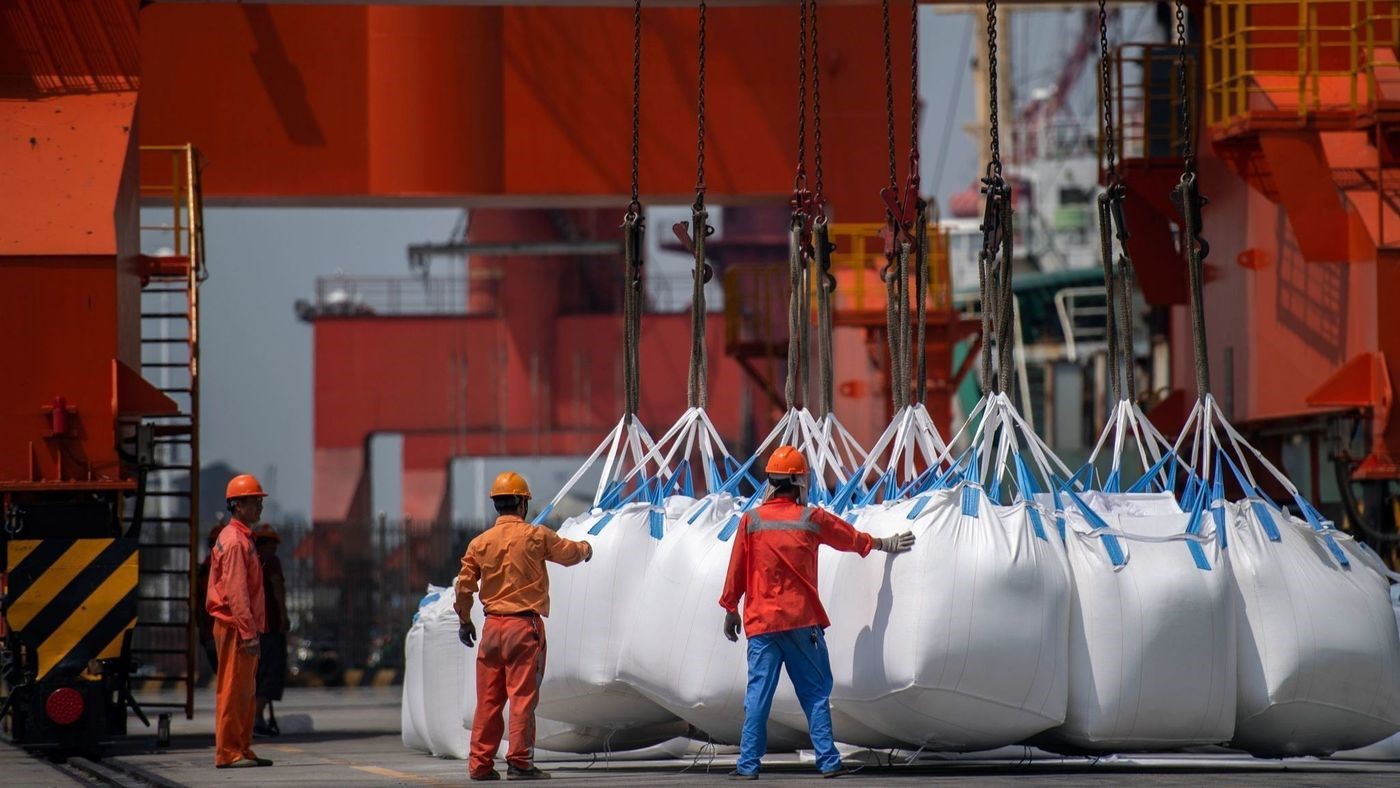
I expect the world economy and the U.S. economy to continue growing in 2019. The world economy is predicted to grow by about 3.5 percent, with G20 countries growing by 3.7 percent. Importantly, the U.S. and China, the two largest economies, will slow down in their growth. The U.S. economy will likely grow in the low- to mid-two percent level. Absent a U.S.-China trade deal, tariffs could slow growth by 0.5-1 percent. Unemployment in the U.S. will remain low at four percent or lower. Inflation will hover around the 2 percent level.
Millennials will surpass baby boomers as the single largest living adult generation. Gen Z or centennials (those born 1995 or after), the first generation born with devices in hand, will almost rival millennials in size. Importantly, both these groups will grow in influence. Many households are multigenerational, so the interplay of the three generations – baby boomers, millennials, and centennials – will lead to interesting dynamics in the society and workforce.
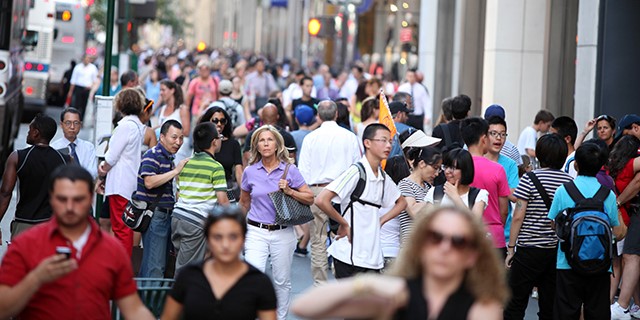
By the end of 2019, more than half of the global population will be accessing the Internet, and 63 percent (87 percent) of global (U.S.) mobile phone users will be using the internet. Consumers will increasingly use voice and video searches. 5G technology will come to the forefront with telecommunication giants like Verizon and AT&T rolling it out in more cities. 5G will usher in faster data transmission, energy saving, and cost reduction, and enable multiple devices to connect almost instantaneously.
Among the technologies, augmented reality (AR) will start to get integrated with smartphones and other personal devices. More than a billion smartphone users around the world will create some augmented reality content at least once during 2019.
The U.S. retail market will grow by 4.5 percent in 2019. Digital will impact a majority of the transactions. Cashier-less/Checkout-free/Line-less stores will become more common with a more widespread launch of Amazon Go. Facebook, with the launch of its Instagram shopping, will eye retailing as its next big space to expand. The roles of store associates will have to change to keep with rising consumer demands. Personal shoppers and delivery agents, those who bag the items that consumers order online and reach them to consumers, will swell in numbers.
Artificial intelligence (AI) will continue to march on, impacting our daily lives, business decisions, and societal changes. Smart speakers, voice assistants, and chatbots will be increasingly used by all of us, making them ubiquitous. AI will inspire a new way of marketing targeted at enhancing customer experience.
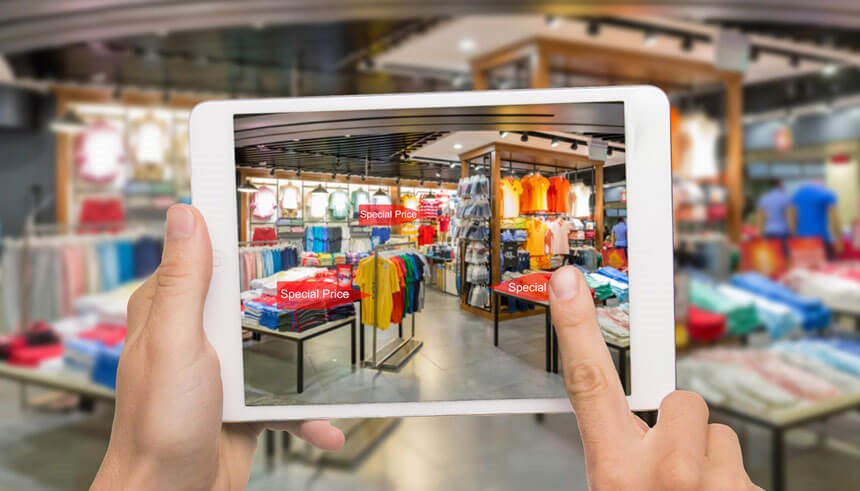
Companies will use more of machine learning and AI tools to enhance their business performance. Nearly every business decision, whether it is customer related, employee focused, or supplier related, will be impacted by AI.
Amid the advancement in technology, the labor market will be tight in 2019. In particular, the U.S. will need about 2 million people with data analytical skills in 2019. This creates huge challenges as well as opportunities for data science and analytics programs.
Finally, cryptocurrencies like bitcoin, ethereum, and litecoin will decline in luster. But blockchain technology, the backend system behind the cryptocurrencies, will be embraced by more businesses, including financial institutions and advertising agencies. It could even potentially challenge Facebook as an alternative platform by 2022.
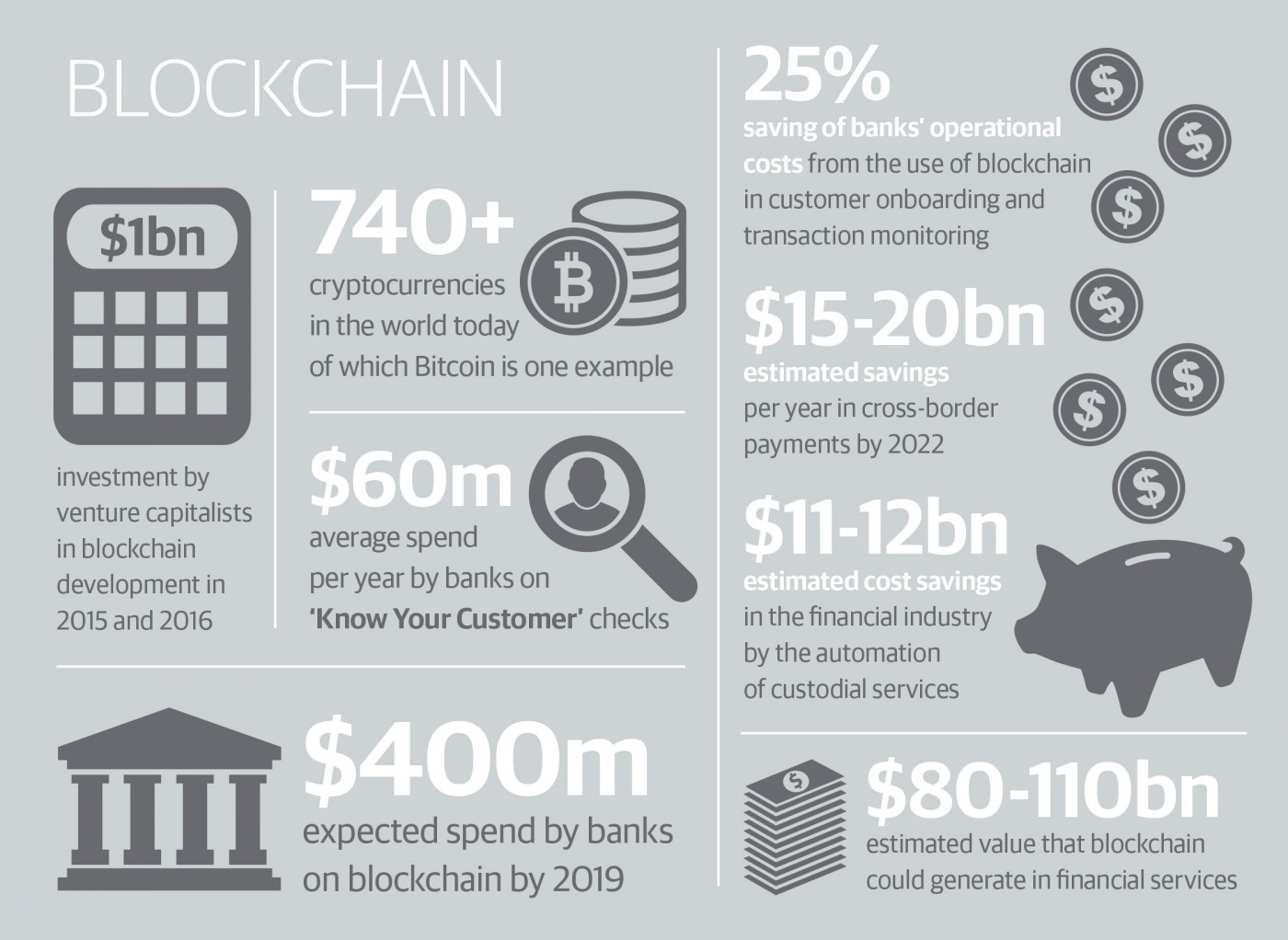
These are some of my predictions. There could be more changes. Whatever the changes, let’s be prepared for an interesting 2019.
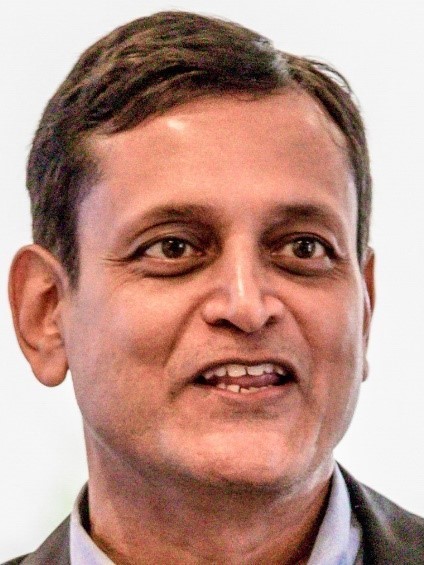
Venky Shankar is Coleman Chair Professor of Marketing and Director of Research, Center for Retailing Studies, Mays Business School, Texas A&M University (vshankar@mays.tamu.edu).


